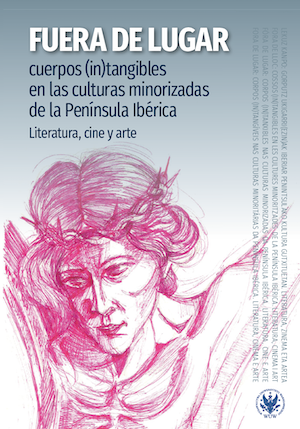VOCES ENCARNADAS EN LA NOVELA "AULKI JOKOA" (2009) / "EL JUEGO DE LAS SILLAS" (2012) DE UXUE ALBERDI
EMBODIED VOICES IN UXUE ALBERDI’S NOVEL "EL JUEGO DE LAS SILLAS" (2012)
Author(s): Amaia Serrano Mariezkurrena
Subject(s): Cultural history, Studies of Literature, Philology
Published by: Wydawnictwa Uniwersytetu Warszawskiego
Keywords: Basque novel; Uxue Alberdi; embodied bodies; Spanish Civil War; resistance
Summary/Abstract: Uxue Alberdi’s novel "Aulki jokoa" (2009) / "El juego de las sillas" [Musical chairs] (2012) is composed of the discourse of three women narrators who construct their lives through their bodies and voices. This article will examine the novel’s most symbolic and narratological elements to determine how these three protagonists’ identities are constructed. The significance of this novel is found in two aspects of its contribution to Basque literature about the Spanish Civil War: on one hand, it is the first novel for adults that gives voice to women narrators; and on the other, bodies are overtly foregrounded in the context of the war. With childhood and old age as the main axes of their stories, these female characters narrate the most important passages of their lives through their bodies: the innocence and happiness of infancy becomes broken by the arrival of the Civil War, and from then on they become what has been called embodied bodies. The conflict intervenes in each character’s life, and each of the protagonists opts to respond according to their personal circumstances: going into their inner world and enriching it (Eulalia), becoming dead to the world for three years (Martiña) or joining the anti-Franco struggle (Teresa).
Book: Fuera de lugar: cuerpos (in)tangibles en las culturas minorizadas de la península Ibérica
- Page Range: 186-200
- Page Count: 15
- Publication Year: 2022
- Language: Spanish
- Content File-PDF

